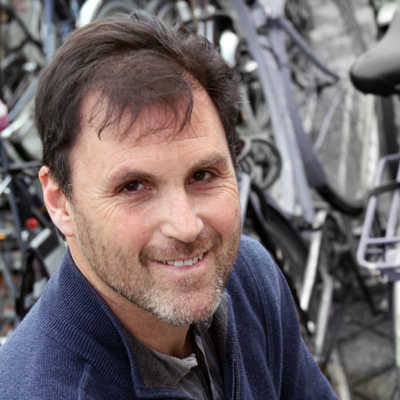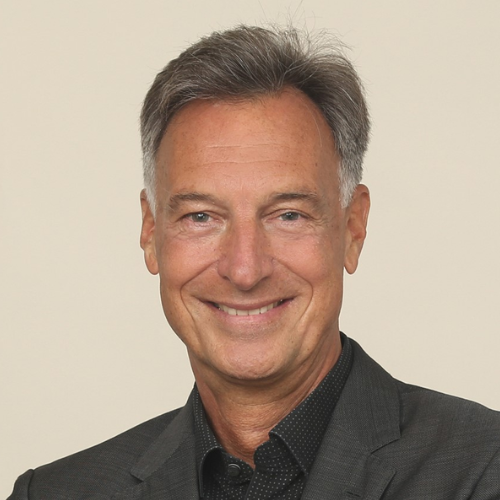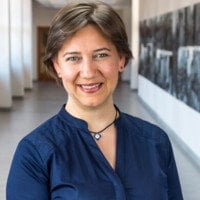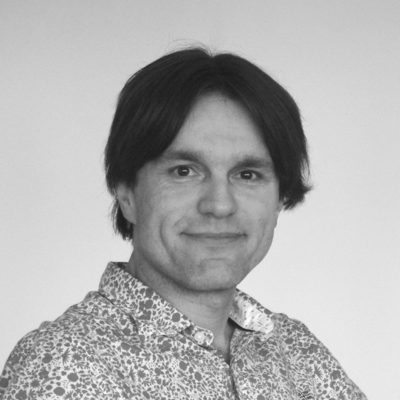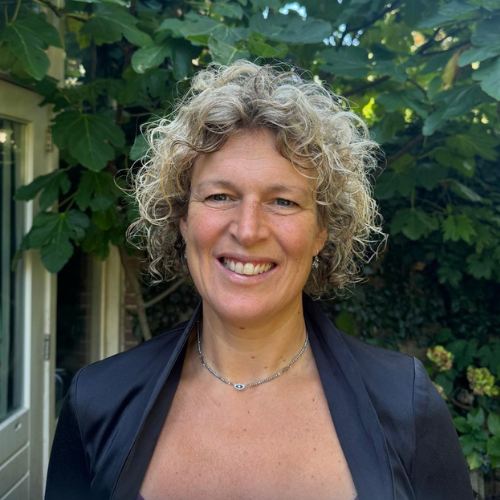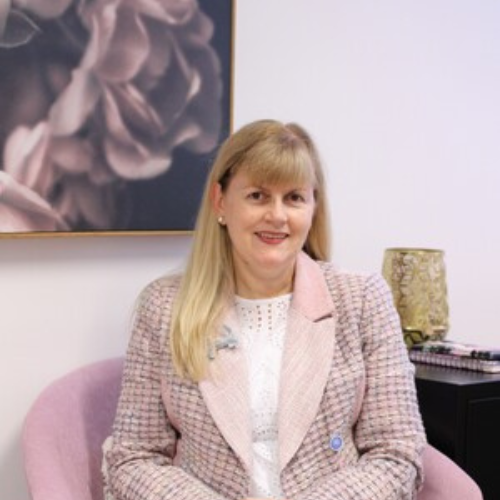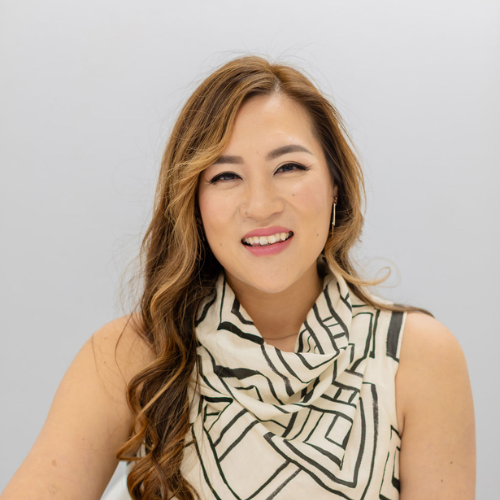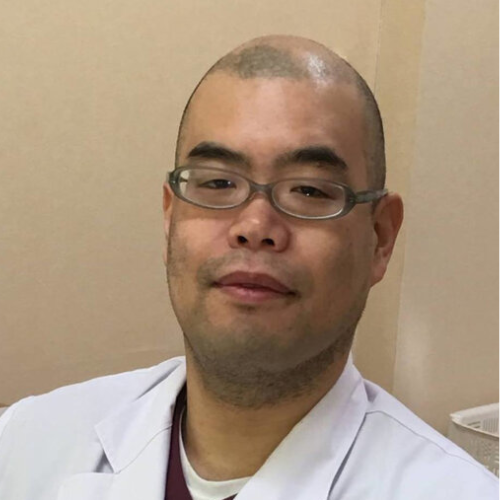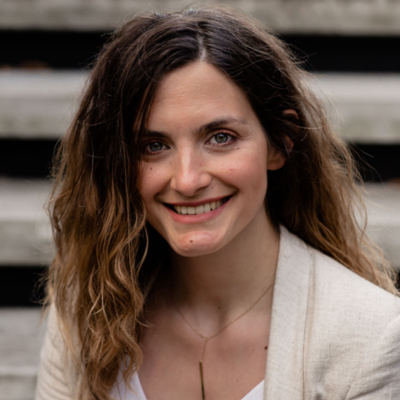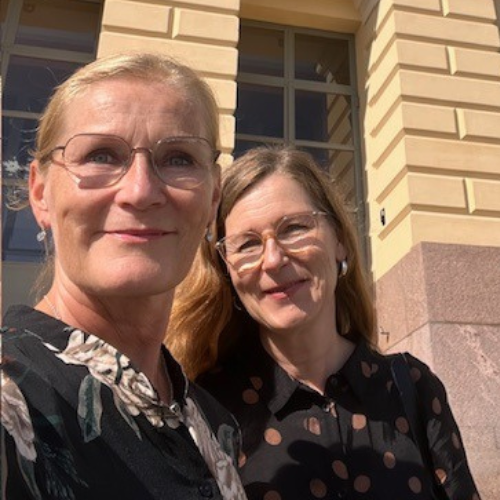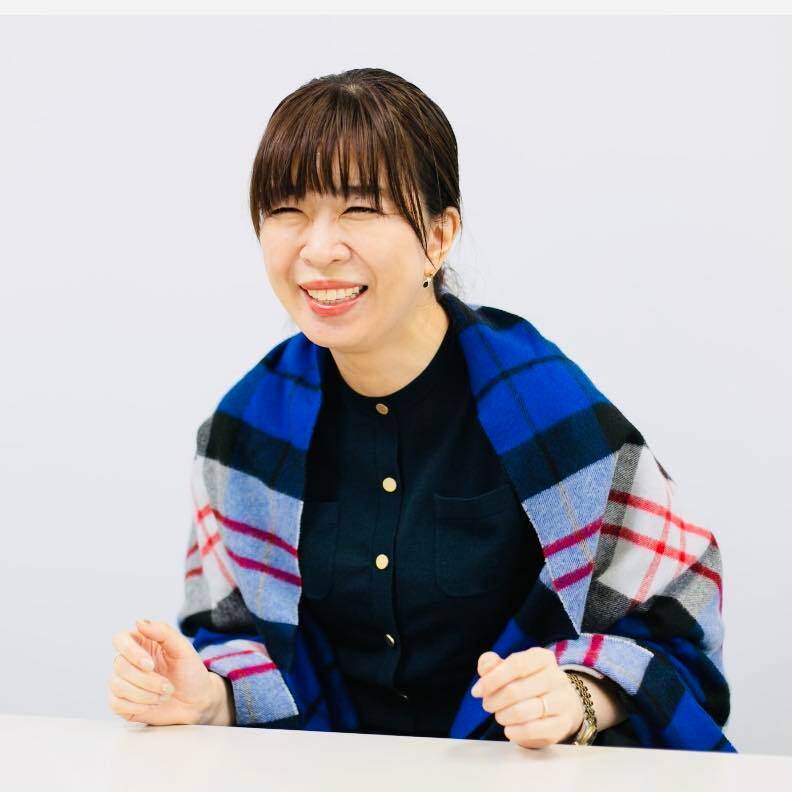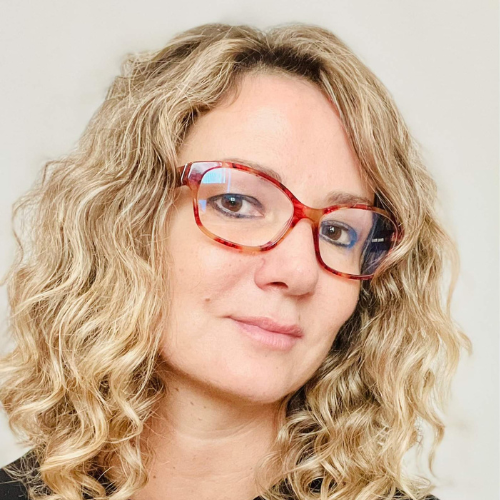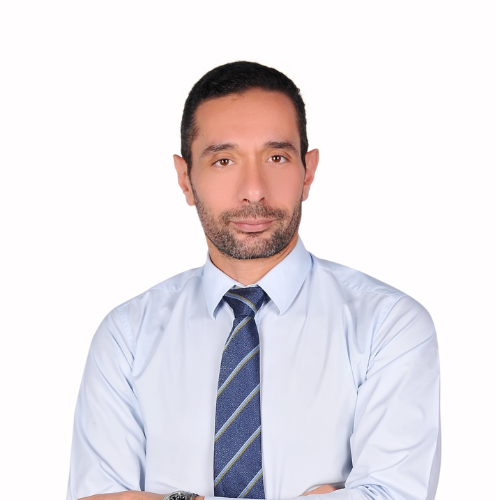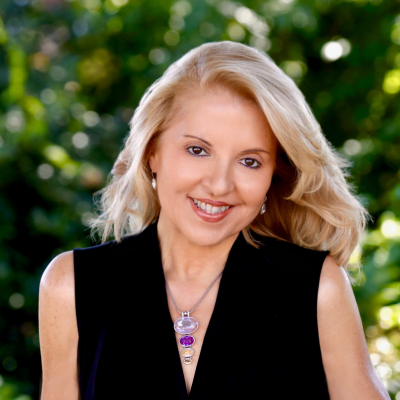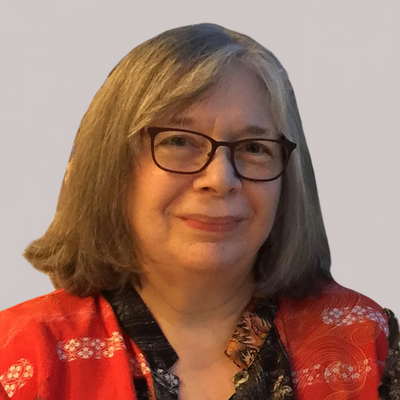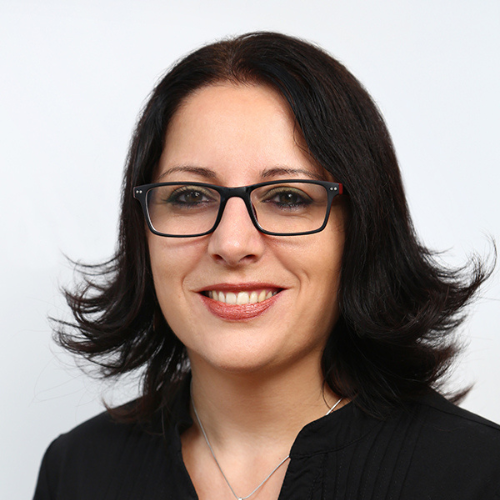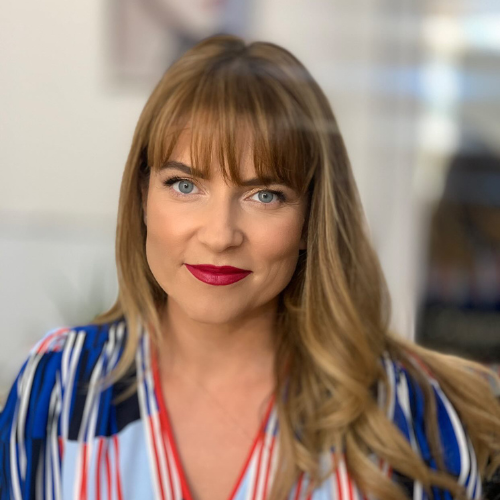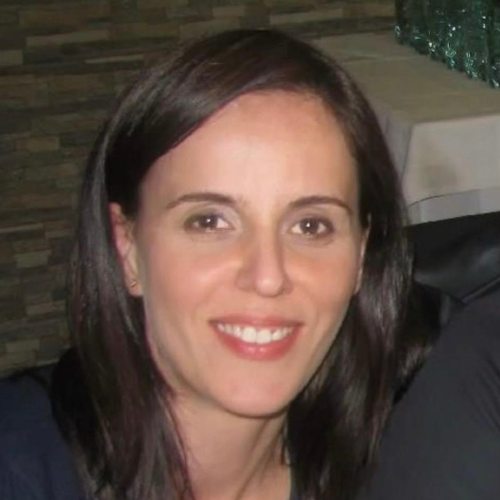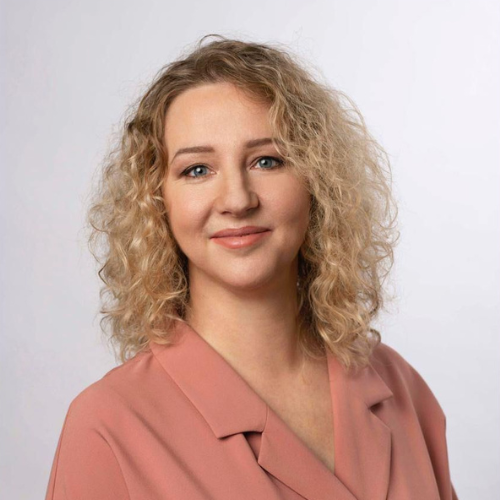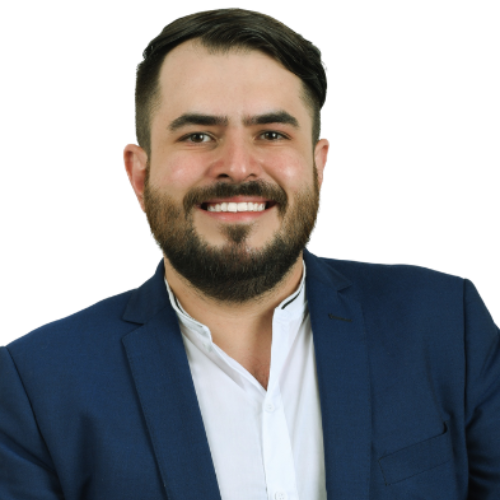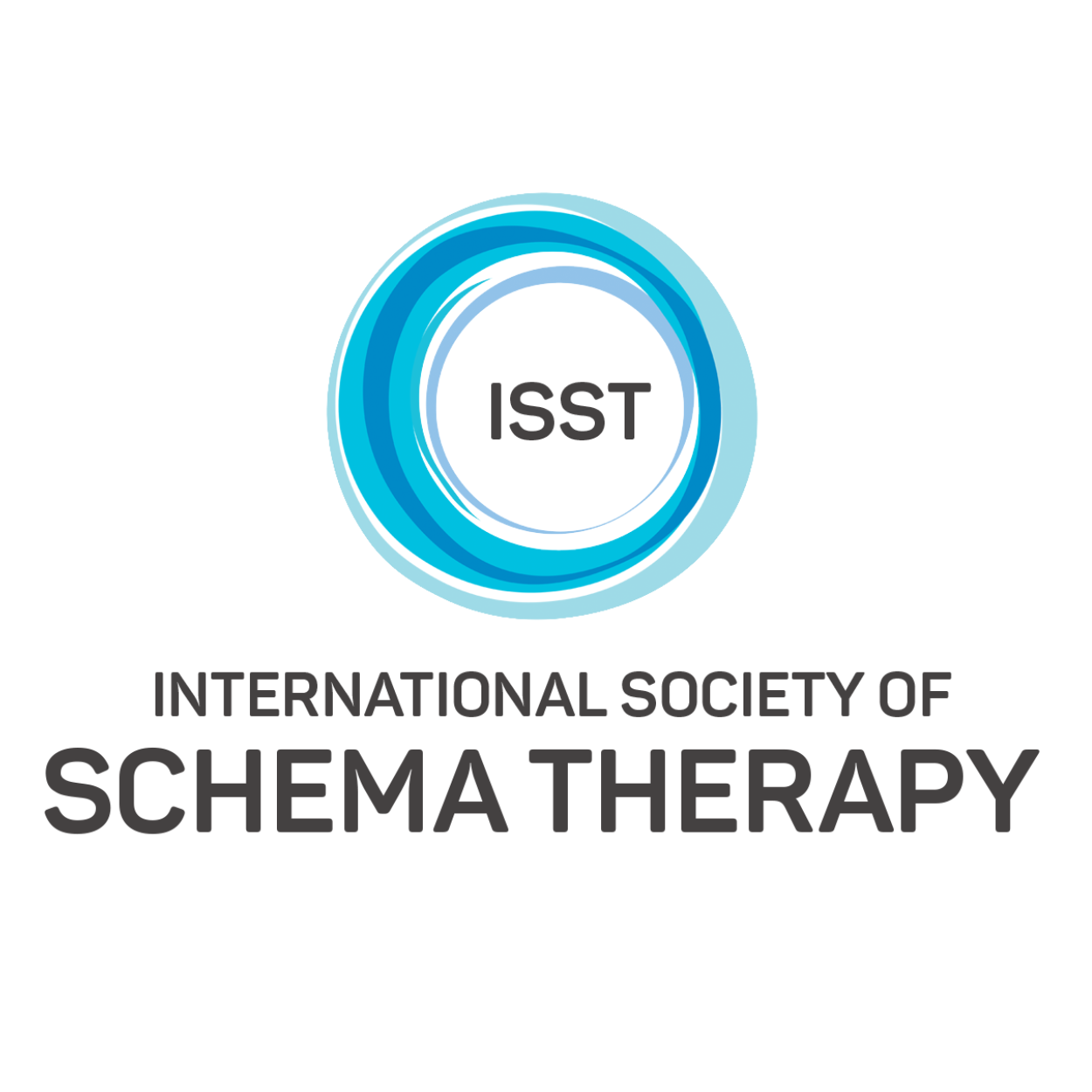World Schema Therapy Day
A day to share knowledge, exchange ideas, build bridges and foster collaboration - Online portal open to watch recordings until the 27th October.
12th October 2024 | Online event
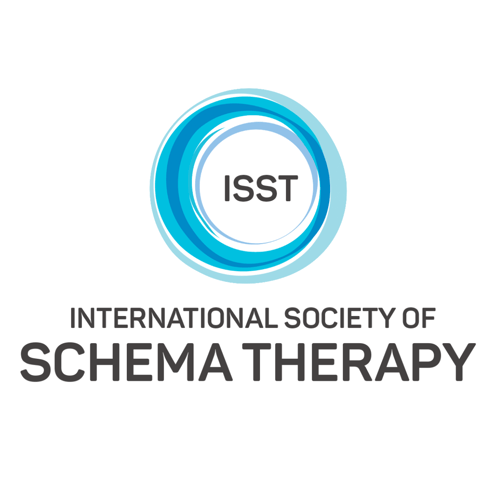
About ISST
Do you want to know more about ISST's Training and Certification?
A Guide to ISST Training and Certification
Get to know Rita Younan, ISST Training Coordinator and Cristina Sterie, ISST Certification Coordinator and learn more about ISST Training and Certification.
They will touch on:
- Accreditation of Training and eligibility criteria
- Becoming a Full Member of ISST: advantages
- Supervision experience and Certification
- Conferences and CPD
- The Schema Therapy Community
About the event
Everything you need to know about the event
Subtitles languages
16
English, German, Romanian,
French, Polish, Russian, Italian, Dutch
Ukrainian, Turkish, Spanish, Portuguese, Serbian, Croatian, Bosnian, Montenegrian
Event Fee
FREE
Event schedule
The event will be hosted in CEST time, however, we are providing time zone equivalents.
8:00 hrs - 08:45 hrs
Finding your inner freedom: Insights for strengthening the Healthy Adult mode
09:00 hrs - 09:30 hrs
Introduction to Contextual Schema Therapy
Contextual Schema Therapy: Expanding the bandwidth of schema therapy interventions.
Schema therapist regard themselves as “specialists for interactional problems”. The retention rates are higher than in any other therapeutic approaches. On a practical level, Schema therapy has been integrative from its inception. Contextual Schema Therapy now expands the therapeutic bandwidth into two directions: It matched the essential experiential techniques like imagery rescripting helping the clients to deepen the emotional activation including techniques from somatic experiencing to understand, how childhood experiences impact the present moment. On the other hand, we include the processes of Acceptance and Commitment Therapy to strengthen Healthy Adult functioning This presentation introduces you to the modifications of the model to make it match with dimensional constructs and the practical application.
09:30 hrs - 10:00 hrs
Myself and Others: Role Reversal in Chairwork
10:00hrs - 11:00 hrs
Schema Trauma Intensive Psychotherapy (STIP): a 8 days program
11:00 hrs - 11:30 hrs
Working creatively with Schema Therapy
11:30 hrs - 12:30hrs
Global perspectives on schema therapy
Round table
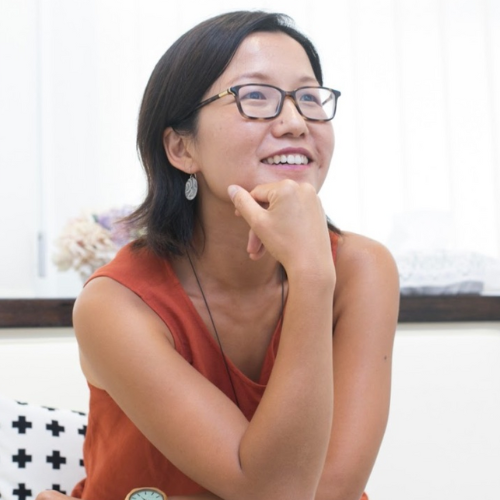
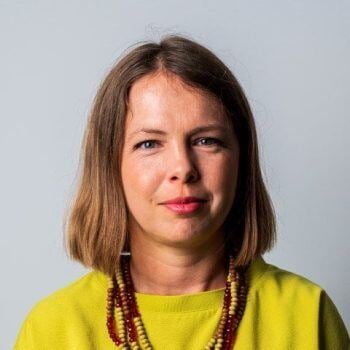
12:30 hrs - 13:00 hrs
When good performance is not good enough: working in high-demanding level fields
13:00 hrs - 13:30 hrs hrs
Adapting Schema Therapy to Japanese Culture: Exploring 'Parent Mode Dynamics'
13:30 hrs - 14:30 hrs
Introduction to Schema Therapy for Children and Adolescents
Schema Therapy (ST), developed by Jeffrey Young is an enhancement and further development of cognitive behavioral therapy (CBT) with a particular emphasis on the integration of emotional, attachment and developmental factors as central components of both assessment and therapy. ST is based on a model of schemas, modes and basic childhood needs that interact and evolve over the course of the lifespan, playing a key role in the development of psychological problems. Therefore, ST – as a technical and strategic variant of CBT – is a model which apppears to be well suited to the field of child and adolescent therapy, with a range of powerful techniques that generate emotional, interpersonal, cognitive and behavioural transformation.
The presentation includes a general theoretical introduction to ST-CA and is completed by praxis-oriented and age-appropriated approaches for Children aged 4-7, 6-13, 12-18, and 17-25
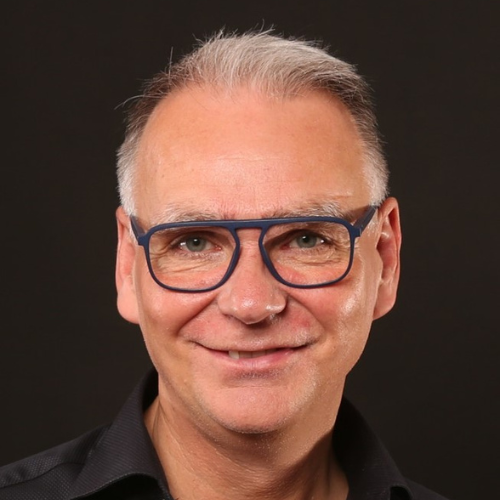
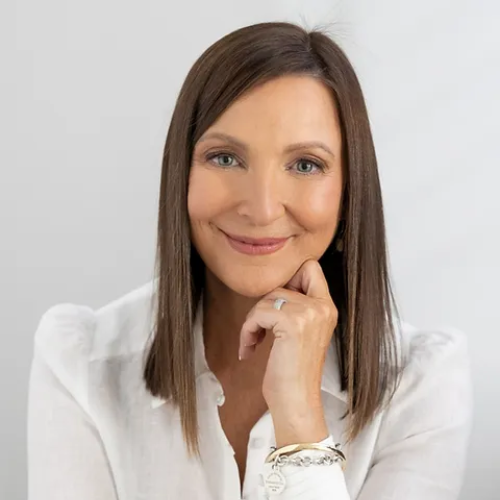
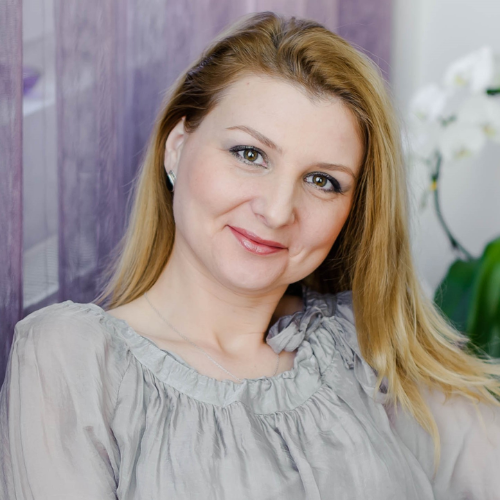
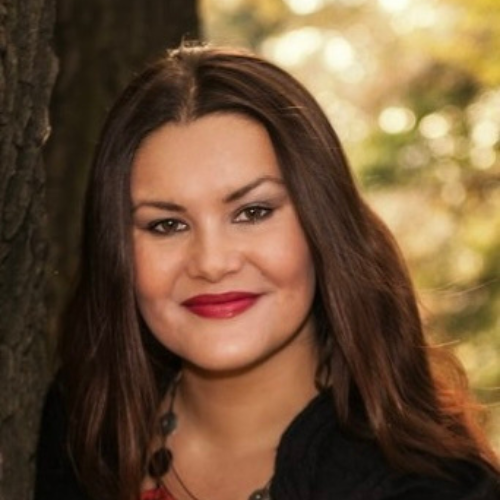
15:00 hrs - 15:30 hrs
ST and Addiction "Case Presentation"
15:30 hrs - 17:00 hrs
A Unique Approach to Some of the Most Challenging Issues in Treatment: Schema Therapy, The Core Model
Schema therapy is an innovative, integrative therapeutic approach, developed (by Dr. Jeffrey Young) as an expansion of traditional cognitive-behavioral treatments. The schema approach draws from cognitive-behavioral therapy, attachment theory, psychodynamic concepts, and emotion-focused therapies, emphasizing lifelong patterns, meeting early (unmet) emotional needs, affective change techniques, and the therapy relationship – with special emphasis on imagery rescripting and empathic confrontation. Schema therapy is particularly well-suited for difficult, resistant clients with entrenched, chronic psychological disorders, including personality disorders, eating disorders, intractable relationship problems, and unremitting emotional problems. It is also effective for relapse prevention in depression, anxiety, and process/substance addictions. Evidence has shown that clients who spend years gaining valuable insight with other treatments, but who are frustrated by their lack of progress, often respond well to the active, systematic, flexible, and depth-oriented schema approach. This seminar will include a combination of teaching methods, including lecture, demonstration, question-and-answer periods, and the discussion of the obstacles we face in the treatment room, including therapist's own schemas.
17:00 hrs - 18:00 hrs
Group Schema Therapy: a catalyst to Schema and mode change.
19:00 hrs - 19:30 hrs
ST and collective trauma - yes or no?
19:30 hrs - 20:00 hrs
Romanian culture reflected through Schema Therapy lenses

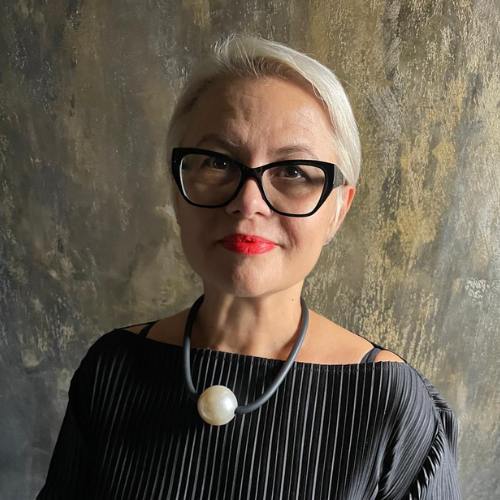
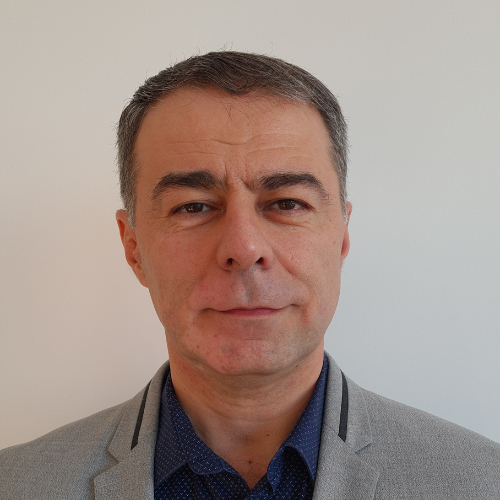

20:00 hrs - 21:00 hrs
Our New Model of Core Emotional Needs: Why it is Needed and its Implications for Treatment
9.00 pm
9.30 pm
Schema Therapy for clients with Anorexia Nervosa
21:30hrs - 22:00 hrs
Strengths-based limited reparenting: practical ways to incorporate positive psychology in schema therapy practice
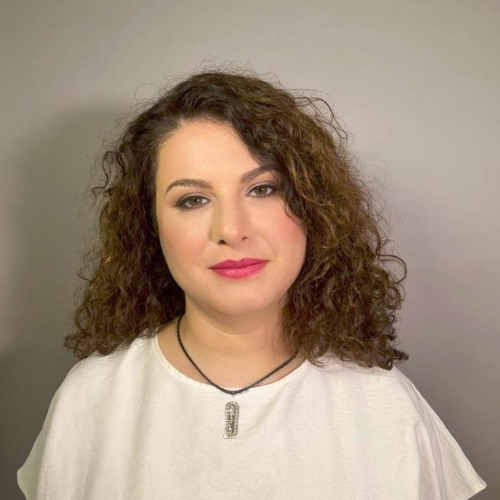
22:00 hrs - 22:30hrs
Schema therapy strategies to nurture self-compassion
22:30 hrs - 23:00 hrs
On Autonomy
Country Programmes
On the 12th October, many countries are also celebrating WSTD, have a look at their programmes.
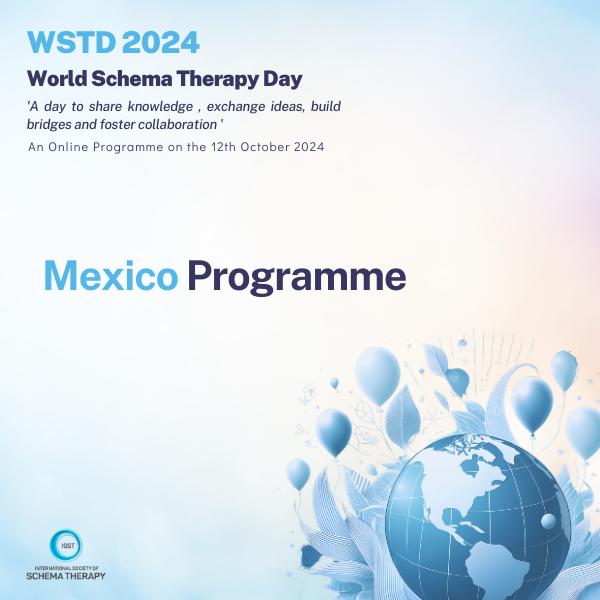
Mexico
This programme will be hosted in the country's local time. Click on 'See programme' to find out more information.
See programme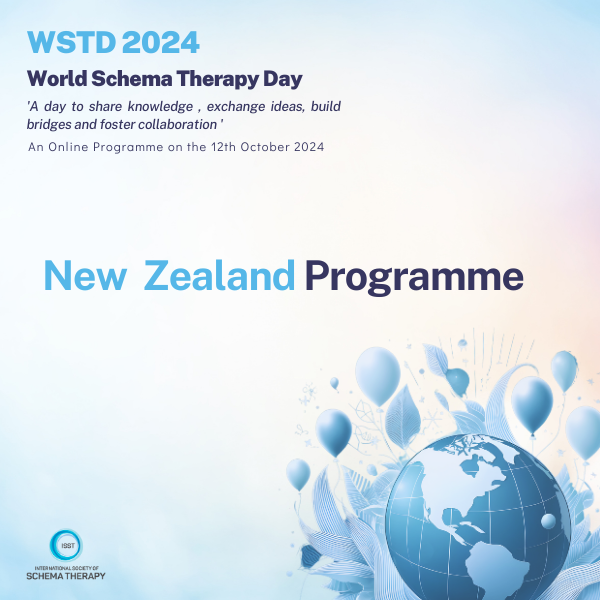
New Zealand
This programme will be hosted in the country's local time. Click on 'See programme' to find out more information.
See Programme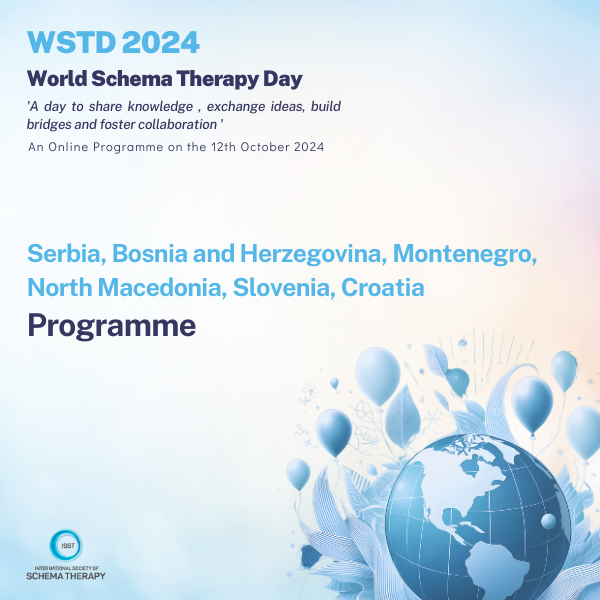
Serbia, Bosnia and Herzegovina, Montenegro, N. Macedonia, Slovenia, Croatia
This programme will be hosted in the country's local time. Click on 'See programme' to find out more information.
See programme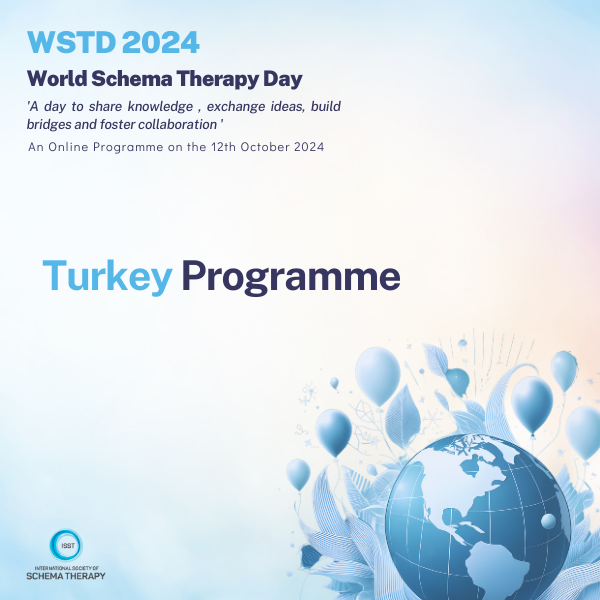
Turkey
This programme will be hosted in the country's local time. Click on 'See programme' to find out more information.
See programme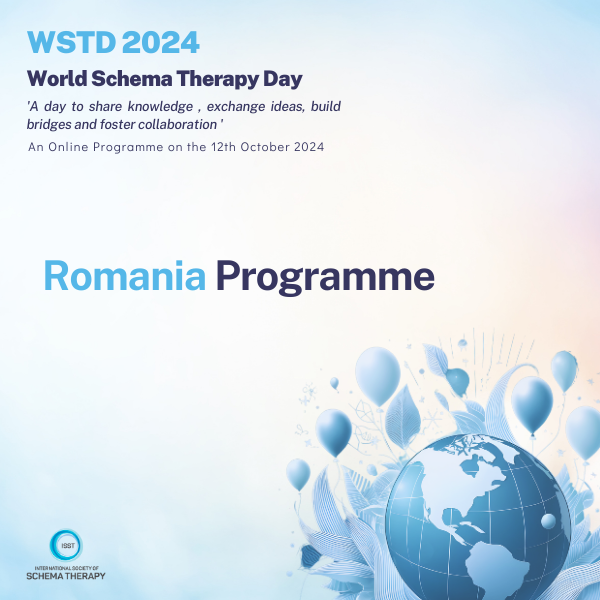
Romania
This programme will be hosted in the country's local time. Click on 'See programme' to find out more information.
See Programme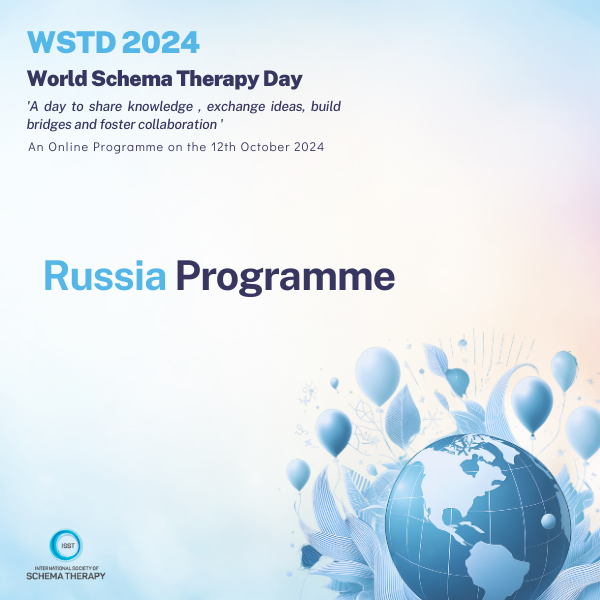
Russia
This programme will be hosted in the country's local time. Click on 'See programme' to find out more information.
See programme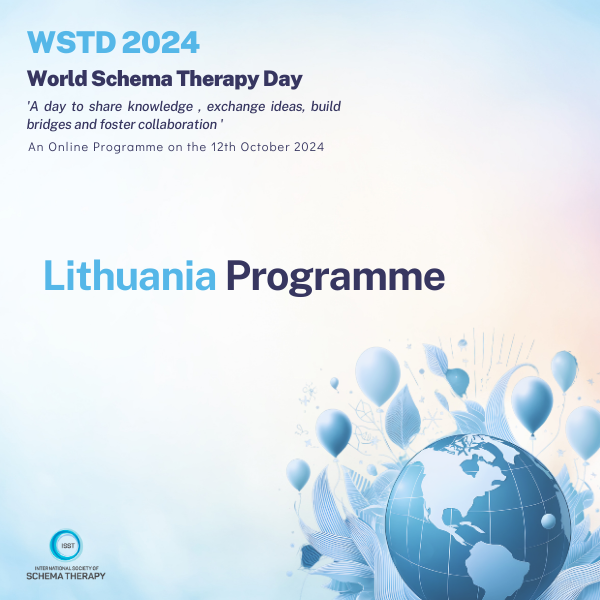
Lithuania
This programme will be hosted in the country's local time. Click on 'See programme' to find out more information.
See programme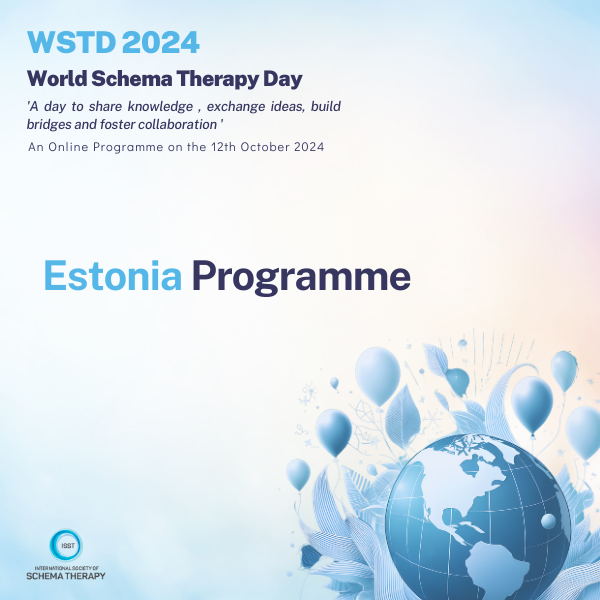
Estonia
This programme will be hosted in the country's local time. Click on 'See programme' to find out more information.
See Programme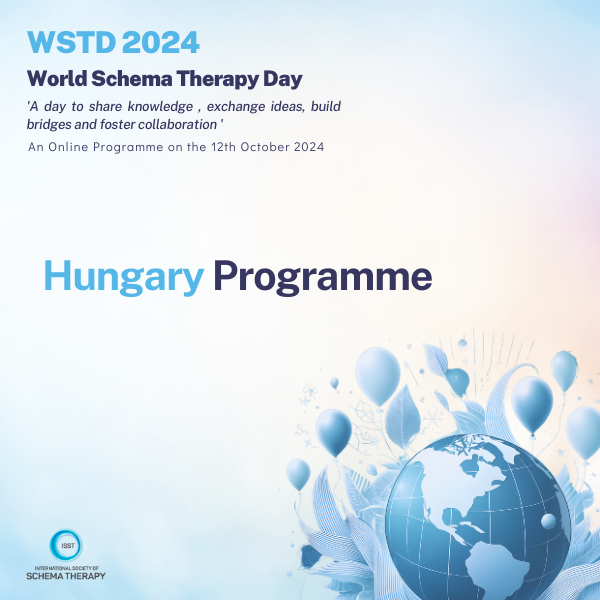
Hungary
This programme will be hosted in the country's local time. Click on 'See programme' to find out more information.
See Programme

